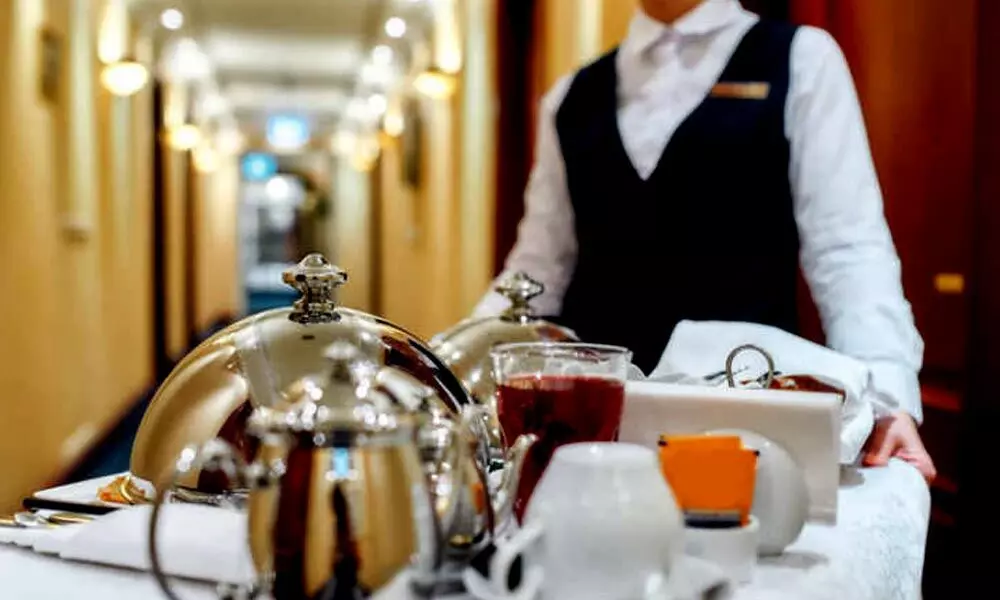How hospitality brands can get back to growth, at the right cost
Due to tech advancements, the hospitality business will be in a totally different place than it was pre-pandemic once we’re at the other side of recovery
image for illustrative purpose

As pandemic waves continue to rise and fall in all parts of the world, aggregated, predictive systems allow companies to look across their portfolios and consider their options
The hospitality industry has faced extreme hurdles over the two years but there have also been rapid advances in digitalization to help ensure survival. Due to these tech advancements, the hospitality business will be in a totally different place than it was pre-pandemic once we're at the other side of recovery.
Now, more than ever, revenue management is the cornerstone of running a successful, profitable, hotel. The increase in available data and ways to track and analyse it may seem like it has complicated the industry, but it also provides a wealth of new opportunities for your business.
The most successful hoteliers are savvy operators who continually look for ways to learn and improve the way they do things, gaining an edge over the competition. But only a small percentage of independent hoteliers use revenue management strategies and thus limit their revenue-generating potential. Hospitality companies need more agile, resilient, and cost-effective processes that position them to be able to react quickly to today's unpredictable travel market and make data-driven decisions that will propel them forward in the future economy.
The wake-up call dialed in by Covid-19 was partially a result of the operational climate in the years leading up to the pandemic. With the travel industry booming, record growth in revenue and profit led many organizations to ignore underlying costs, as long as they were being outpaced by top-line increases. When faced with not just reduced revenue, but in many cases no revenue at all, hospitality companies had to shift their mindsets rapidly.
After initial lockdowns were lifted and hotels were able to reopen, hospitality companies have needed to remain agile in an ever-changing market. But because many still have back office operations at the property level, they can be very slow to gather and parse critical data.
Data centralization can provide insights with speed to help manage resources more effectively. For example, a hotel that pays commissions to online travel agencies (OTAs) up front based on reservations often pays for stays that are cancelled or cut short. To mitigate this leakage, automation tools can match reservations, bookings, and actual commissions owed across an organization, potentially saving millions of dollars a year in overpaid commissions to the OTAs. Looking forward, the ability to implement back-office agility will combine with automated systems in the front of house. As pandemic waves continue to rise and fall in all parts of the world, aggregated, predictive systems allow companies to look across their portfolios and consider their options. With centralized, intelligent operations, they can explore creative and pragmatic paths toward a less inhibited hospitality finance function of the future by bringing business agility and predictability together to match the volatility.
Every traveller has a maximum value they can offer your hotel; revenue management is about capturing as much of this value as you possibly can. Preferably you'll do this by convincing the guest to book direct, purchase extensions, up-sells or extras, and become a return visitor.
The best strategies are based on the understanding that hotel pricing is fluid, and can change from one day to the next. This is why you should never be afraid to increase your rates. Customers actually expect increases over time – most businesses where consumers spend money are varying their prices based on demand and shifts in costs. Not least of these is satisfying your customer. If the product you offer is universally recognised as quality, you have the grounding to charge a higher price.
If guests feel like they are getting maximum value for their money, it's very likely they'll be willing to spend more. Getting more out each individual guest who stays with you is a great way to increase the overall revenue of your hotel.

